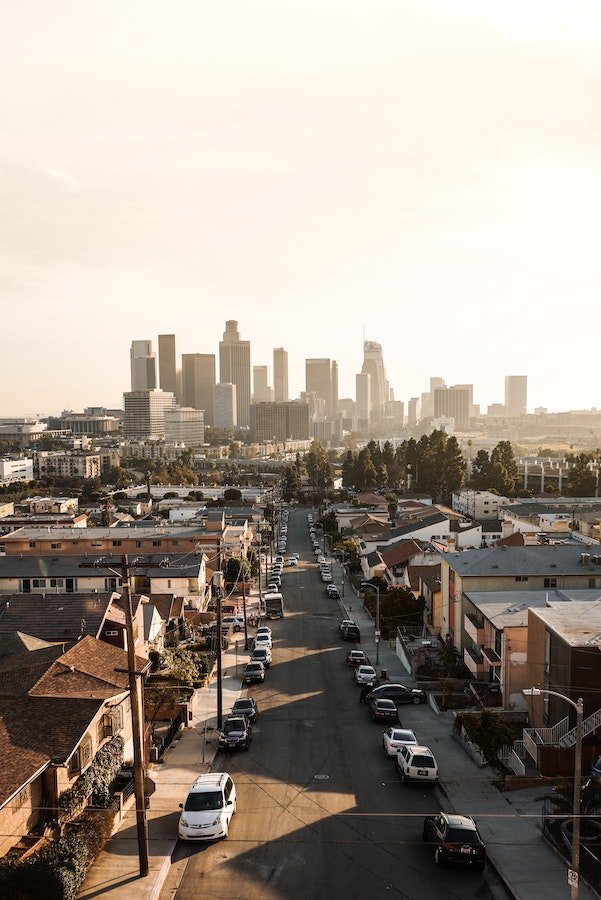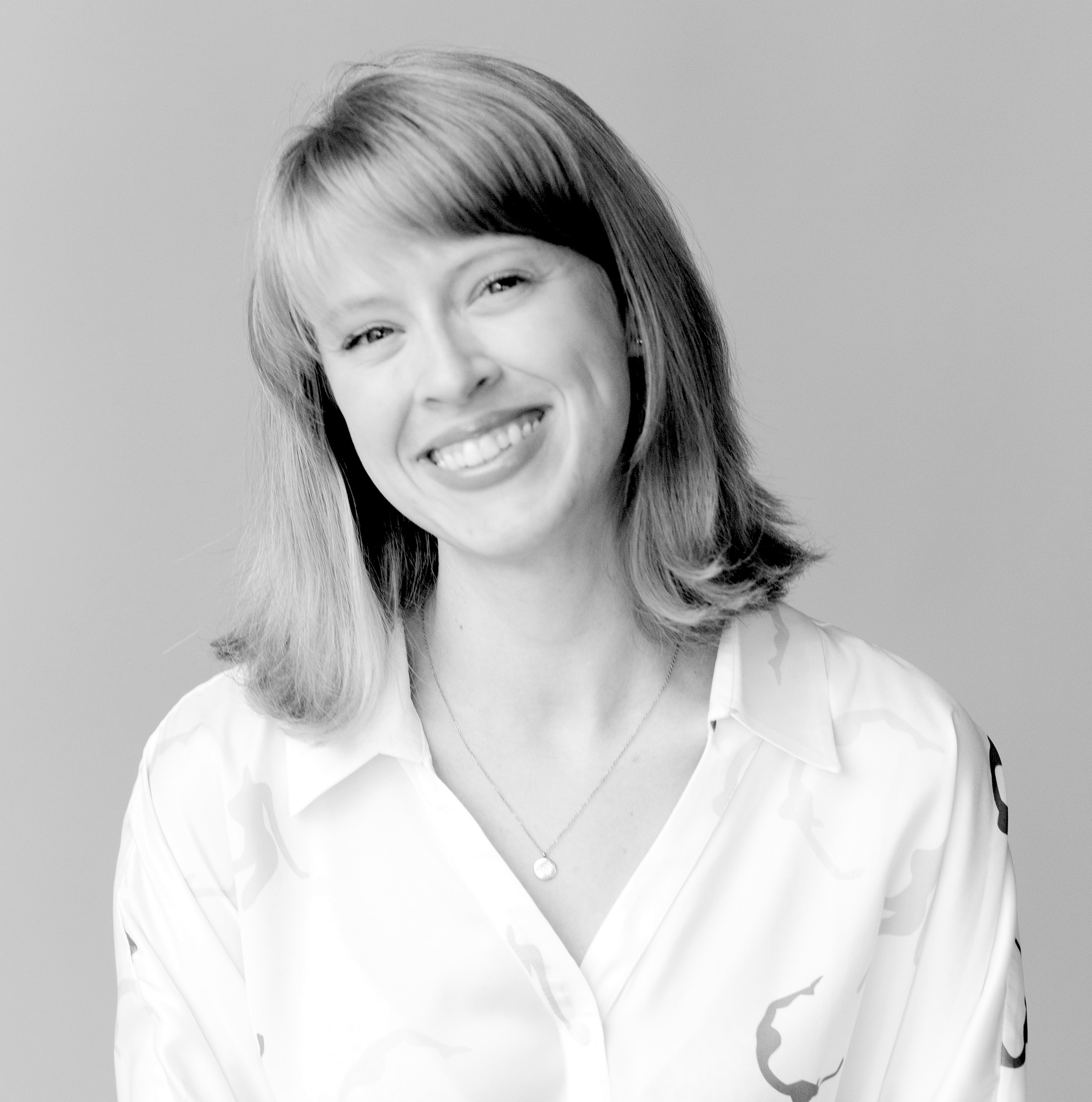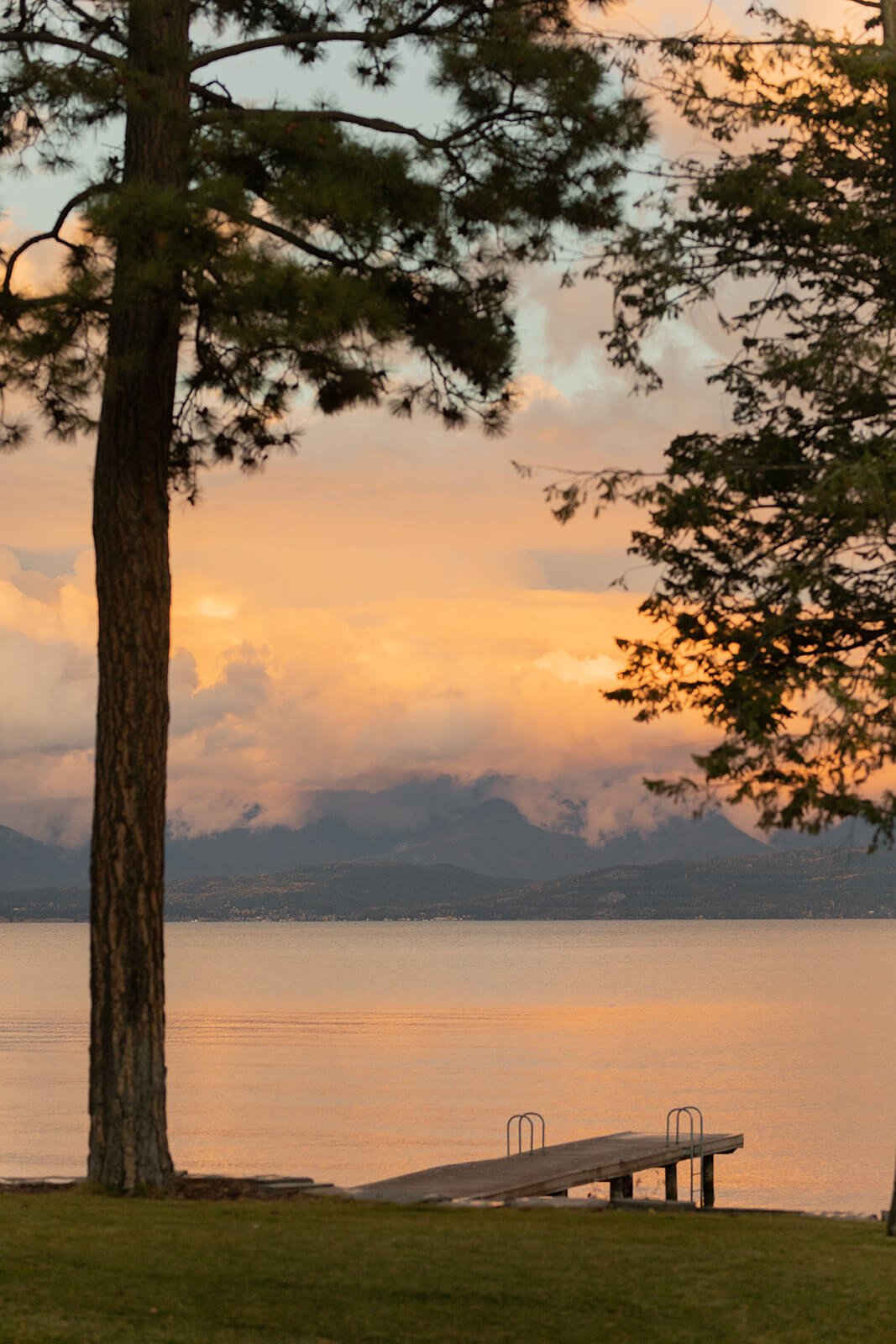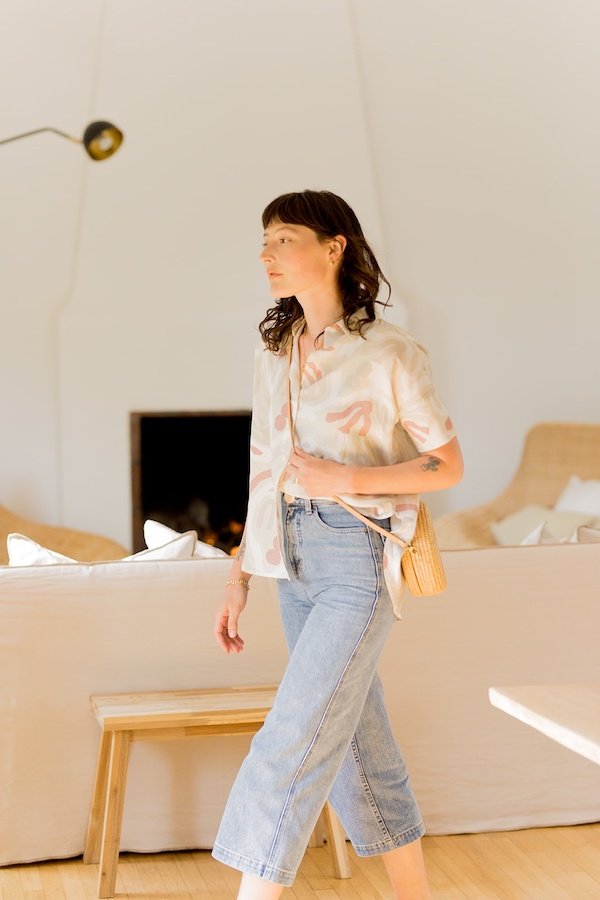
How To Find Peace When You Live In A Big City
The days are stretching into one another like an infinite musical tie—so much sound, so little rest. Each time I scale the stairs from my apartment I’m greeted by all the noise of Los Angeles. Not that indoors is any better; sirens scream by at all hours, and no swath of noise-dampening curtains could soften their howls. The thick, whirring bass of rush hour traffic underscores it all, punctuated by angry meeps and beeps of honking car horns.
“As someone who’s always worked best in a bustling environment, preferring the sounds of strangers over silence, the city is music to my ears.”
I’ve stopped apologizing for the ruckus on my Zoom calls, just muting myself when I can. I’ve heard—and seen—more car accidents from my patio than most humans will in a lifetime. For some, this is a special kind of hell.
But as someone who’s always worked best in a bustling environment, preferring the sounds of strangers over silence, the city is music to my ears. I grew up in the suburbs, spending long afternoons at the park, climbing the twisty crabapple tree in my backyard, and watching the sun go down over a horizon of dense trees.
Amidst all that peacefulness, I always craved more noise, more stimulation, and I found it wherever I could—by writing, doodling, running, playing loud music, anything to keep a constant flow of creation and absorption. When all else failed, I’d turn to conversations and storytelling in my never-quiet mind.
I followed that buzziness to Los Angeles when I was 24, and finally, the world around me matched the energy inside. That’s not to say the transition was easy; all the stresses of regular life feel amplified in the city. Money trouble? Here’s triple your old rent. Want to be on time? Leave 30 minutes earlier, more if you can. Car issues? Sorry, no public transport nearby (it’s getting better, though).
“I followed that buzziness to Los Angeles when I was 24, and finally, the world around me matched the energy inside.”
The city begs you to react to its demands and incidents, like a fussy toddler after a long day in the sun. And reacting can be exhausting, like our minds can’t race fast enough to keep up.
There’s plenty of research that shows how people who live in cities are at a greater risk for mental health concerns too, including depression and anxiety. Factor in pollution, stressed-out strangers, and socioeconomic disparities (which are even larger in populated cities), and you have quite the cocktail of chaos.
Yet, you’ll meet many people who wouldn’t trade their city life for the world. Haley Nahman, a writer living in New York, puts it into a beautiful perspective: “Sometimes I’m sorry that the most fertile roots I’ve laid in my adult life are in such a transient place […] To leave now sounds lonelier than if I’d never come. But I don’t regret it either, it’s just how my life unfolded.”
I too have discovered a joyful rhythm living in the city, though on a separate coast. Los Angeles, while a temporary stopover for many, is home for me, and it offers me peace and even my own kind of quiet—as Nahman suggests, it would only be lonely to leave at this point. But creating a more harmonious life in the city has required plenty of presence, nurturing, and patience. Because if there’s one thing a city can’t do, it’s change for each of our individual expectations.
“Our body budget is the amount of stress we can handle before experiencing overwhelm, and Lodato recommends making deposits—through mindfulness, healthy eating, and exercise—and monitor which activities function as withdrawals.”
The first thing I noticed when moving to the city was just how hard it was to remain calm in the face of stimuli from the sights, sounds, smells, and people. The high cost of living isn’t only financial in the city; it’s physical and emotional, too! “Everyone has a body budget,” Teresa Lodato tells me, a certified professional coach (and NYC and San Francisco dweller). Our body budget is the amount of stress we can handle before experiencing overwhelm, and Lodato recommends making deposits—through mindfulness, healthy eating, and exercise—and monitor which activities function as withdrawals. For me, withdrawals can be as simple as trying to find parking all the way up to huge ceiling leaks in my apartment. In times like those, I listen to my body and curl up in my weighted blanket to re-center myself.
Having a space to center yourself, too, is crucial. In a big city, our apartments or bedrooms are our refuges from all the noise around us. I like to make my space bright, fill it with noise-dampening curtains, and add as many natural touches as possible (houseplants are great, but I’m better at caring for my pets!). Blanca Vergara, who’s lived in Mexico City and then Amsterdam for a combined 52 years, looks for intuitive ways to support herself physically, mentally, and socially. She shared that she aligns her agenda with the cycles of nature, reduces decision fatigue by creating capsule wardrobes, and volunteers in community gardens and art programs. And of course, plants. “I brought the woods home,” she says. “I have many plants. At least one in every room. Some are hanging, some are trees, some are herbs. There’s no place in the house where I don’t see a plant.”
“It’s these little things that we can make our own, or feel like they are our own, that can really help you feel content within a city that can feel so depersonalized. ”
Making my home a personal refuge has been essential, but the last few isolating years have also reminded me that our neighborhoods are equally important. Cities are sharp places, and I am, like many people, a bit soft. So to dull its sharpness, we can weave the smallest parts of the city into our own stories—like learning the barista’s name at our favorite third place, discovering a hidden walking path, or finding the perfect spot to watch the sunset. “It’s these little things that we can make our own, or feel like they are our own, that can really help you feel content within a city that can feel so depersonalized,” Richard Brandenstein, an attorney in New York City (and nearly lifelong resident) told me.
And if after focusing on the smallest things, it all still feels like too much—it’s okay to feel everything. “When LA overwhelms me, I try to come back to what I believe to be its ethos: creation,” says KCRW host Steve Chiotakis, who hosts the radio show Greater LA, covering the individual stories held within our shared city. He shares that having a go-to decompressing activity can be a balm—his is driving around and watching the city be itself. Not trying to change it, just to observe. “It’s my escape, physical and mental, to bring a little personal peace and quiet. LA can be loud and overwhelming sometimes, but at its core, it’s magic.”
That’s how I’ve found my peace here, by breathing it all in and embracing those tiny things that feel like magic: The steam from my coffee dissipating into the morning sun, the runaway gold balloon making its escape into a blue sky lined with rooftops. The way strangers and I roll our eyes together at distracted drivers in the crosswalks. The clack—cl—clack—cl—clack sound of my ceiling fan when the late afternoon sun is scalding the walls of my concrete building. The lonely coat stand lying by the sidewalk, and me wondering if I should take it home to repair it.
“I hope you can find the music in the madness; it is there, I promise. It is just our job to pause, quiet ourselves, and listen for it.”
Wherever you live, I hope you can find the music in the madness; it is there, I promise. It is just our job to pause, quiet ourselves, and listen for it. Or sometimes, maybe, make the music ourselves.
Emily Torres is the Editorial Director at The Good Trade. Born and raised in Indiana, she studied Creative Writing and Business at Indiana University. You can usually find her in her colorful Los Angeles apartment journaling, caring for her rabbits, or gaming.





